Cognition and behavior: Complex response to faces in autism
Two studies published in the past few months suggest that face-processing deficits in people with autism are complex and may depend on the task.
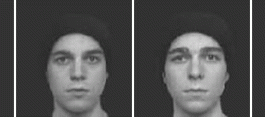
Two studies published in the past few months suggest that face-processing deficits in people with autism are complex and may depend on the task.
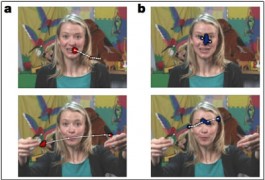
Baby boys later diagnosed with autism lose interest in other people’s eyes between 2 and 6 months of age, according to a study published today in Nature. This is the earliest behavioral marker of autism found to date.
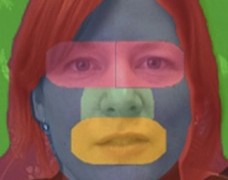
Infants later diagnosed with autism tend to look at the hair and body of someone speaking to them instead of at the eyes and mouth, which convey social cues, reports a study published 13 August in Biological Psychiatry.
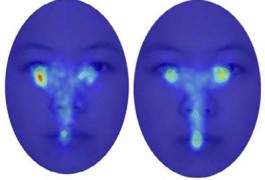
When trying to recognize a face, children with autism look at the same general features as controls do, but tend to focus on the right eye rather than the left, according to a study published 8 August in the Journal of Vision.
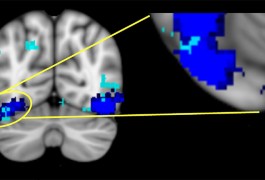
Some children with autism show unique patterns of brain activation while solving math problems, particularly in a brain region normally used for face processing, suggests a study published 15 August in Biological Psychiatry.
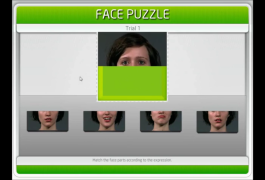
A clever new test assesses whether someone with autism can recognize emotions from facial expressions without needing to name them. The test was described in the 26 June issue of Frontiers in Psychology.
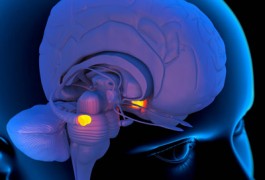
To understand the amygdala’s role in autism, researchers should study its connections with other brain structures and explore its role in development, says Ralph Adolphs.
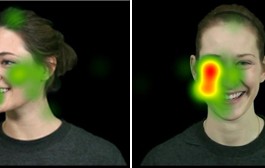
When choosing whether to look at a face or an object, children with autism generally pick the same thing controls do, according to a study published 10 April in Frontiers in Psychiatry. The finding contradicts the widely held belief that people with autism tend not to look at faces.
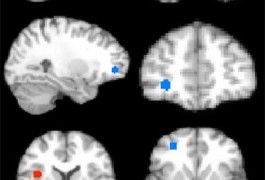
Differences in brain activity that distinguish children with autism from controls may lessen with age, according to a meta-analysis published in the March issue of the Journal of the American Academy of Child and Adolescent Psychiatry.

Infants who are later diagnosed with autism are less attentive to the presence of a person onscreen at 6 months of age than their typically developing peers are, according to a study published 14 January in Biological Psychiatry.